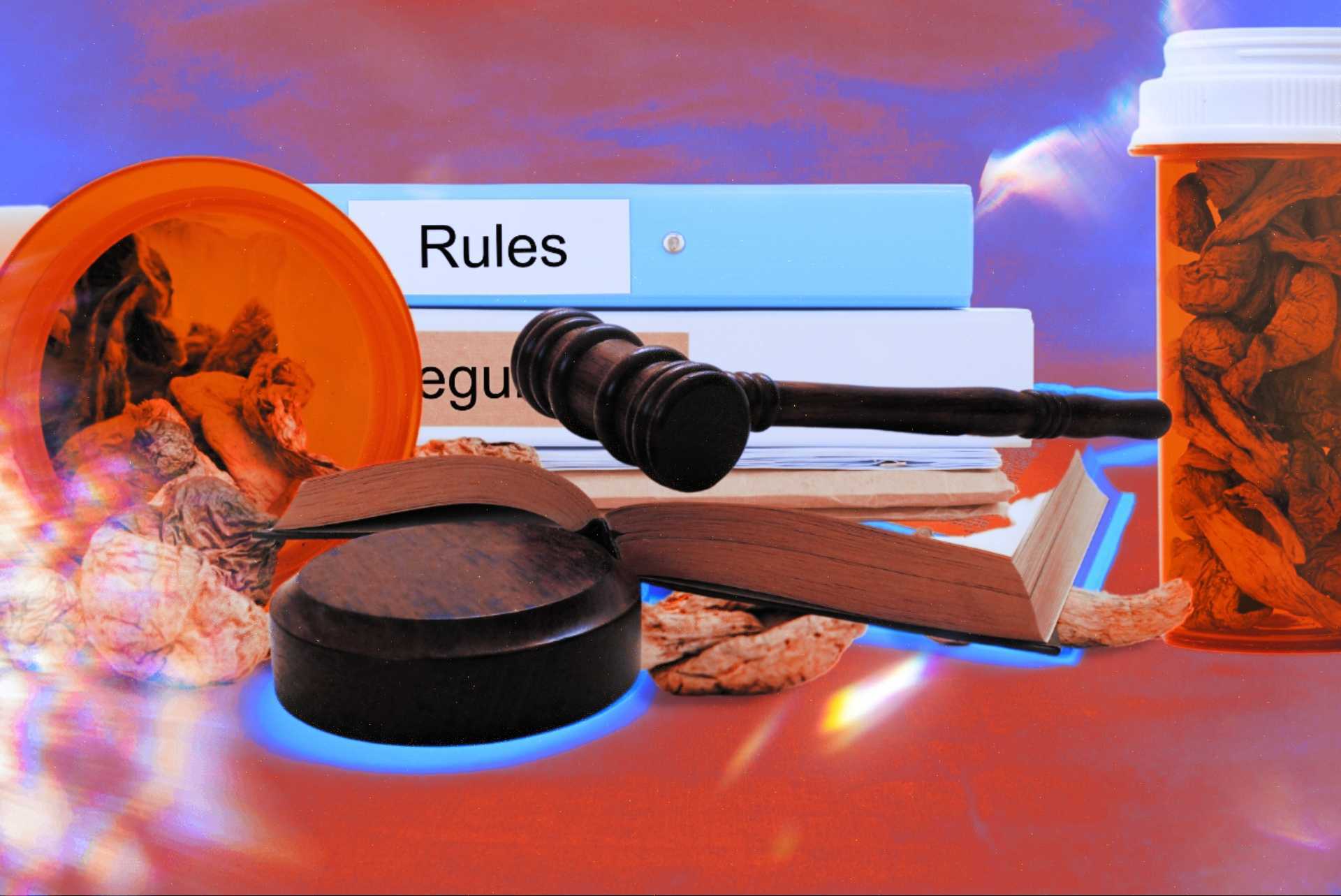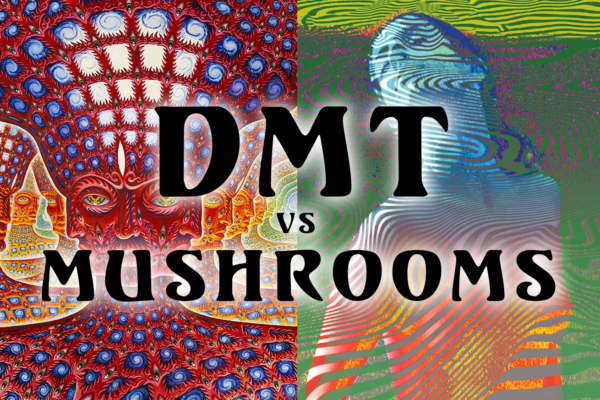
Psychedelic research has been ramping up dramatically in the past couple of years. More and more research has been highlighting the potential of psychedelics like psilocybin and LSD to treat mental health conditions effectively and safely like depression, anxiety, and PTSD. But with this comes the question of how proper regulation looks like in the forthcoming age of a legalized psychedelic renaissance. That is why a group of experts has suggested solutions to overcome regulatory challenges in the psychedelic field.
In a new paper published in Science titled “Pressing regulatory challenges for psychedelic medicine,” the authors propose solutions to three regulatory challenges in the psychedelic field that will occur as the FDA approves psychedelics for medicinal use. The authors are part of Baylor University’s Ethical Legal Implications of Psychedelics in Society (ELIPSIS) program and the Project on Psychedelics Law and Regulation (POPLAR), aimed to address the ethical and policy issues surrounding psychedelic medicine.
In their paper, the authors lay out the regulations that would be required of psychedelics in a medicinal setting. An important proposition they highlight is the need of a regulated set and setting. Anyone who has taken psychedelics understands the importance of proper set and setting, and if it is not properly tended, it can negatively affect the experience.
1. Regulate Set and Setting

Thus, the authors propose that, while it has never been done before, the FDA consider regulating conditions of use. They propose working with agencies at the state level to require practitioner certification and its subsequent requirements and have the FDA specify what safe use looks like in a psychedelic therapy setting. In addition, the paper mentions the need for collaboration to exist amongst federal and state governments, state licensing boards, and professional groups for the decriminalization of psychedelics both for medicinal and non-medicinal use, as well as preserving the traditional uses of psychedelics in religious, traditional, and Indigenous contexts.
2. Avoid Following the Marijuana State-by-State Legalization Model

The second regulatory challenge the authors discuss is the warning against following the state-by-state legalization model used for marijuana. This model has not provided adequate incentives for the collection of safety and efficacy data necessary for FDA approval. Psychedelics have the potential to be used for therapeutic purposes, but the authors caution that allowing these drugs to be used outside the FDA’s regulatory pathways may inhibit the generation of essential evidence about whether, when, and for whom these drugs will serve as strong treatment options.
3. Ensure Both Synthetic and Natural Psychedelics are Regulated

Lastly, the authors highlight the need in finding effective ways to regulate both synthetic and natural psychedelics. Natural psychedelics can be challenging to study in clinical trials and difficult to produce consistently for commercial use because they are diverse in their composition. On the other hand, synthetic psychedelics are easier to produce and patent, but they may not have the same beneficial effects as natural psychedelics due to being made with isolated active ingredients. Consequently, the authors propose the need for funding and support for clinical trials to generate data that can lead to approval of naturally occurring psychedelics.
Dr. Amy McGuire, lead author and Leon Jaworski Professor of Biomedical Ethics and director of the Center for Medical Ethics and Health Policy at Baylor, said, “We are clearly on the brink of a major opportunity to help people legally access psychedelic treatment. Therefore, the need has never been greater to anticipate, identify and discuss challenges, regulations and risks. We hope this dialogue helps all parts of the system prepare and coordinate so patients can access these treatments in an ethical, equitable way as soon as they become available.”
ELIPSIS and POPLAR, the two organizations the authors are part of, are leading the research in the ethical, legal and social implications of psychedelic research, commerce and therapeutics. It is now for regulatory bodies to listen and enact proper regulations before the wide distribution of psychedelic therapy. Currently, there aren’t established regulated practices in psychedelic therapies, but the propositions ELIPSIS and POPLAR are presenting are a step in the right direction to ensure the successful ethical, equitable rollout of the medicinal psychedelic era.





